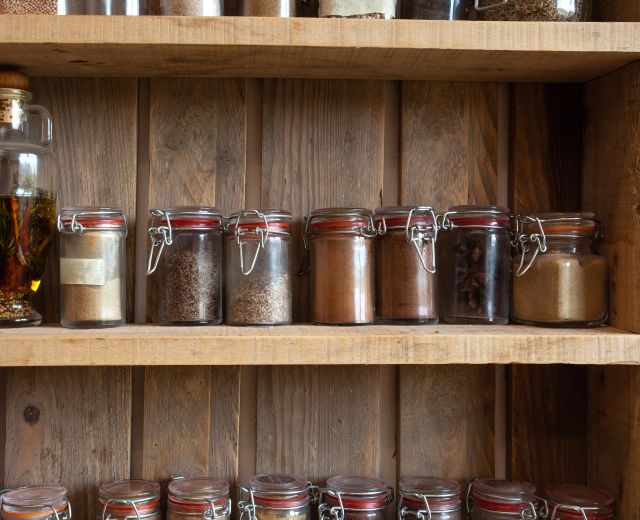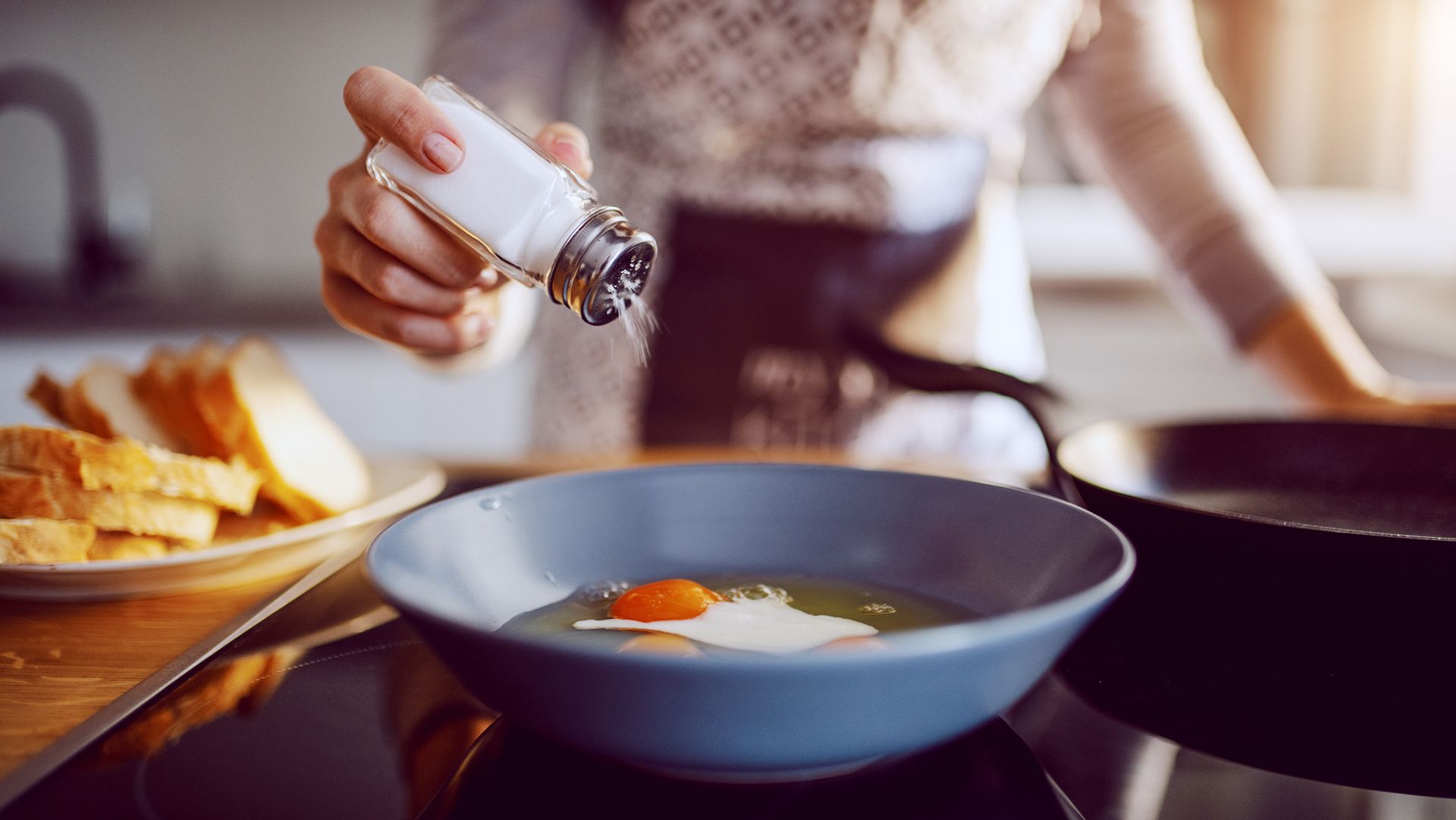If you have type 2 diabetes, high blood pressure, or kidney problems—or all three, as these conditions often occur together—you’ve probably been told to watch your sodium intake.
Sodium is an electrolyte that helps the body maintain fluid levels and keeps muscles and nerves working correctly.
Your kidneys help balance the level of sodium in your body. But if there is too much sodium—or the kidneys aren’t working properly—sodium levels can build up in the bloodstream. This can contribute to hypertension (high blood pressure) and other health problems.
We get most of our sodium from the foods we eat, but nearly all Americans tend to consume too much sodium. The reason for this? Food that’s high in sodium is often tasty. Fast food, restaurant food, frozen meals, and prepackaged snack foods are all quick, easy, and taste great—but are all high in sodium. This is one of the numerous reasons these foods aren’t good for your body.
People who have diabetes and kidney-related conditions are often advised to avoid salt when cooking and instead use other herbs and spices. Using different spices can help reduce your salt intake and still make your food taste great. Some spices may even have additional health benefits and contain important vitamins and nutrients.
Here are some kidney-friendly herbs and spices to use in your meals instead of salt.
Ginger
Ginger can add a bit of “kick” to your food. It may also help your body’s natural digestion process and reduce nausea, bloating, and gas. Ginger also contains antioxidants, which may help prevent or reduce damage to cells. You can use fresh ginger root and store it in the fridge or freezer, or use ginger powder to make cooking quick and easy.
Rosemary
A fragrant, bitter herb, rosemary has a number of health benefits. It’s rich in iron, calcium, vitamin B-6, and a number of antioxidants and anti-inflammatory compounds. Rosemary may help with digestion, enhance memory and cognition, and even improve your mood.
Cardamom
Part of the ginger root family, cardamom can be used in dishes that are sweet or savory, and it’s often used in coffee and chai tea. It has anti-inflammatory properties as well as antimicrobial properties—meaning it can kill some bacteria and fungi. Cardamom may reduce bad breath, and may also be good for cardiovascular health and metabolic health.
Basil
Popular in Italian dishes, basil is typically a sweeter herb in the mint family that comes in many forms and has anti-inflammatory and antioxidant properties. Basil may benefit the immune system, alleviate stress, boost memory, and may even help improve glucose levels in people with diabetes.
Tarragon
Tarragon has a strong, earthy flavor and is popular in Mediterranean dishes. Studies have shown that tarragon may help reduce inflammation, balance glucose levels, reduce pain, and improve cardiovascular function.
Thyme
Another common Mediterranean herb, thyme is typically used in savory dishes. It’s packed with vitamins and nutrients such as iron, calcium, manganese, magnesium, and vitamins A, C, and B-6. Thyme may boost your immune system, alleviate sore throats, reduce inflammation, and improve gastrointestinal function.
Dill
Dill is in the parsley family and is often used to flavor soups, sauces, and salads. It contains vitamins C and A, acts as an anti-inflammatory, and may even help with diabetes and cardiovascular conditions.
These herbs, and more, may all replace salt so you can reduce your sodium intake and still enjoy delicious meals. You may also consider working with a registered dietitian, who can help you incorporate healthy herbs and spices into your daily meals.
Be cautious about herbs in supplemental form. Supplements can contain ingredients or quantities of herbs that can be dangerous to people who have kidney disease—it’s best not to start taking any supplement without consulting your healthcare providers, and to tell your healthcare providers about any and all medications you take, including any supplements.






